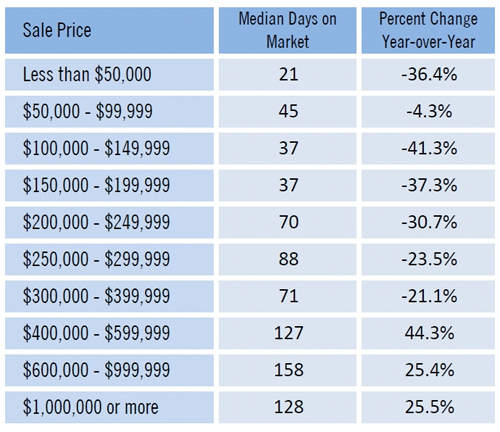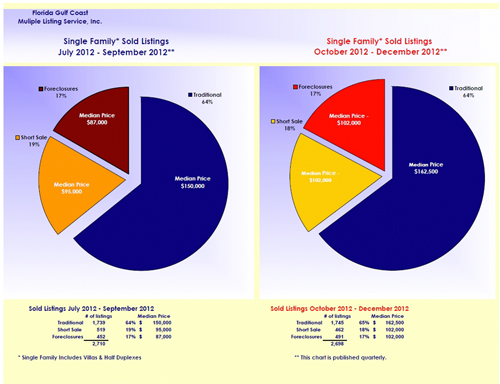As Realtors we are inundated with new programs by 3rd party vendors selling us on their ability to do this, syndicate that, or make us more productive somehow. Literally there are thousands of tools available so sometimes it gets a little tough, especially for new Realtors to muddle through all the stuff to find out what works and what is a waste of time or money. New Trend Reports Available.
Some of these tools are free, and some cost thousands. To my way of thinking, even if it’s free, if it doesn’t save you time or promote your properties effectively it’s a waste of your time, and as a Realtor, time is the only thing you have. Once you give it away, you can’t get it back, so why give it away to technology programs? And if it costs thousands, it had better work.
While being bombarded by outside vendors sometimes it’s easy to ignore tools available within the MLS system. I found such a tool today I’m guessing most Realtors know little about. I think it’s new since I watched a video on it but I hadn’t heard of it before.
It’s called Trend Vision. The way it works is a Realtor can ask for reports based upon simple criteria. For instance, let’s say I wanted to know what the trends were for Town and River waterfront property in the last year. I couldn’t drill down to just Town and River, but I was able to ask for data on only waterfront properties priced $150,000 and higher in 33919 zip code. Technically this could include lakefront properties in Whiskey Creek and a few other places, so it’s not a perfect report. I can also search by MLS Geo Area instead of zip code.
When finished the system automatically produces nifty reports. The Realtor can select the time frame. In this example I selected Dec 2011 through February 2013 or roughly the past year. Any given month can skew results with so few being sold in a given criteria per month, but generally you may be able to make out some trends.
This is helpful because overall LeeCounty numbers don’t tell the whole story, or what’s going on in your neck of the woods as the Today Show weatherman might say. At least this drills down to a local level.
Agents can select properties by type, or even single out short sales and foreclosures. While I haven’t figured out how to drill down to the neighborhood level, this may be helpful in spotting overall trends in a given geographic area. As a Realtor I can easily spot the holes in relying on a report as Gospel truth, there can be some knowledge gained when using this as an additional tool combined with other reliable data.
If you’re a Realtor, check it out and let us know what you think. If you’re a customer, you might ask your Realtor to pull some reports for you to see if it brings clarity to your situation.
If you have a property to sell and want to make sure you price it right, give us a call. 239-489-4042. If you’re a buyer, it pays to know the market and the trends. Call your Realtor, and if you don’t have one yet, give us a call.
Good luck and Happy House Hunting!


















